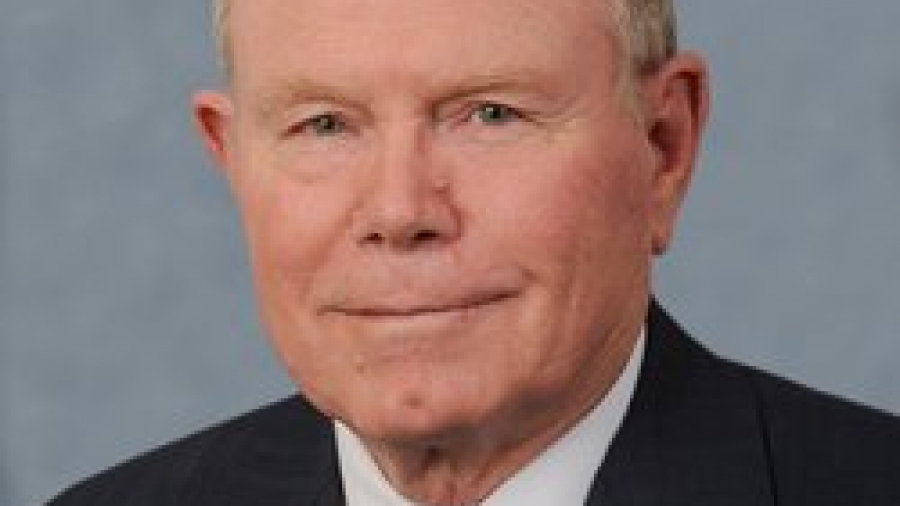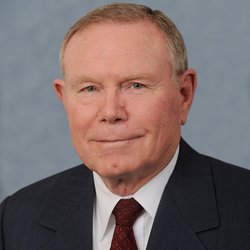Sometimes just showing up is more than enough. There’s a quote that says, “90% of life is showing up.” I couldn’t agree more. Our last LWP Practice Enhancement Retreat brought home a powerful message: The Power of Community. The groundswell of last February's retreat was interest in “controlled growth.” I have personally attended all 10 of our Practice Enhancement Retreats, and February's was life-changing and practice-changing for over 150 estate planning professionals from across the nation. We were sharing values and goals with other like-minded entrepreneurs, law students, paralegals, client service coordinators, marketing coordinators – all of these different roles joined together to create a plan where there is controlled growth.
 The ongoing conversation about controlled growth played a big role in the success firms are seeing today, a little over two months since the last retreat. Some of the goals set in February have been met, some are on course to be met and some simply are not – and will not. Does that make those unmet goals a miserable failure? I would say no, quite the opposite. Those firms showed up and put pen to paper to create a path and a plan, and that alone is a success. The fact that they have the guidance system to know when to embark on the goal journey, and when it doesn’t necessarily fit and/or is no longer important, is success enough. They chose short-term pain over long-term pain and gave themselves permission to re-choose in real time.
The ongoing conversation about controlled growth played a big role in the success firms are seeing today, a little over two months since the last retreat. Some of the goals set in February have been met, some are on course to be met and some simply are not – and will not. Does that make those unmet goals a miserable failure? I would say no, quite the opposite. Those firms showed up and put pen to paper to create a path and a plan, and that alone is a success. The fact that they have the guidance system to know when to embark on the goal journey, and when it doesn’t necessarily fit and/or is no longer important, is success enough. They chose short-term pain over long-term pain and gave themselves permission to re-choose in real time.
Being there means you hear things from other members – we call them your Board of Directors – like “You have to slow down and manage that growth,” or “You just need the faith. It will work if you do X, Y and Z because we have a tried, tested and proven track record.” It means you can share what has worked and what hasn’t. One of our members declared in the room that he would be launching consistent workshops starting in a few months. His Board of Directors responded, “You can’t wait! You’ve got to do it now to leverage your time!”
These conversations with others support you with controlled and consistent growth. Most people are afraid of growth and success. It’s scary. They don’t know if they are doing it right. They are afraid they are going to blow up what is working right now. Community can be the antidote for those fears.
The 150 folks leaving Orlando after retreat week were on a high – but we are seeing now that people are beginning to gap out. June is just around the corner, and they’ll be back in the room for the next Practice Enhancement Retreat. That will bring accountability. Collaboration. Meeting with their Board of Directors. And there will be over 12 breakout sessions geared toward legal technical, practice efficiency, confidence building, creating a financial and client advisory board, a complete system for an annual client maintenance program and much, much more.
It’s hard to believe there are two short months remaining until the June Practice Enhancement Retreat. After the second week of June, most people start summer “break.” And next thing you know, Labor Day turns the corner and we are fast and furious into the holidays and the year-end wrap-up. Where does the time GO??! We were going to do X, Y and possibly Z, but…….
Sometimes we talk – but we don’t plan. Sometimes we plan, but we don’t pick the path. If every business owner were to achieve everything they’ve declared they’re going to do, we would have a bazillion fulfilled entrepreneurs, team and clients. Right about now some folks may have seven valid reasons why they are going to take a break from this retreat and join the next one so they can catch up on what they said they were going to do in February. They should consider the words of Victor Hugo, the author of “Les Misérables” and “The Hunchback of Notre Dame,” who said:
“He who every morning plans the transaction of the day and follows out that plan, carries a thread that will guide him through the maze of the most busy life. But where no plan is laid, where the disposal of time is surrendered merely to the chance of incidence, chaos will soon reign.”
The way to avoid chaos and lack in your life and in the lives of those you serve is to plan your work, work your plan, revise your plan, repeat cycle. And that is how you create controlled growth. Most of us just don’t know how to do it on our own. Reserve your seat for your firm at the June Tri-Annual Retreat now. In the words of Yoda, “Do or do not. There is no Try.”
If you not a member and are interested in experiencing what Lawyers With Purpose has to offer, join us at our Practice With Purpose program June 9th, 10th & 11th. But don't hesitate – register today, spots are filling up fast! We'll see you there!
Molly L. Hall, Co-Founder, Lawyers with Purpose, LLC, and author of Don’t Be a Yes Chick: How to Stop Babysitting Your Boss, Transform Your Job and Work with a Dream Team Without Losing Your Sanity or Your Spirit in the Process.
 What a ridiculously simple idea! How come I never thought of it?
What a ridiculously simple idea! How come I never thought of it?















